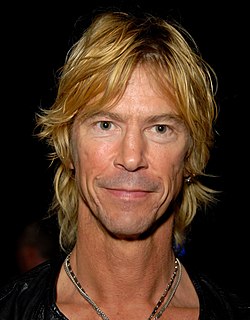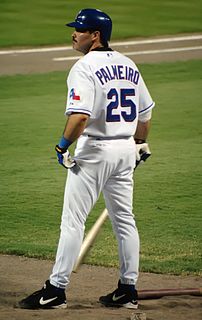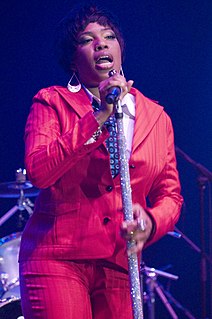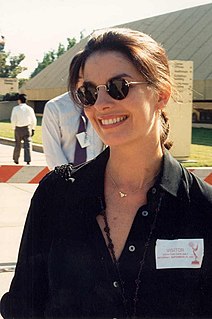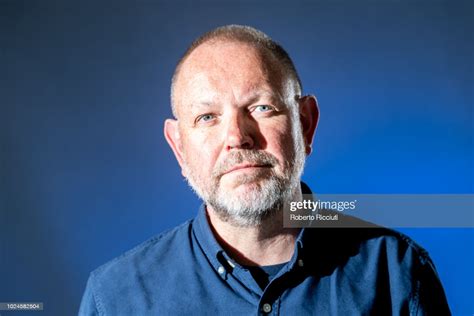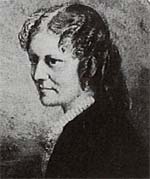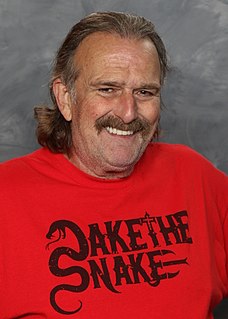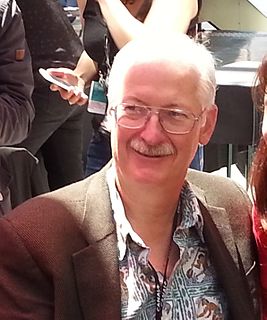A Quote by Duff McKagan
I think after 9/11, here in America, I saw something extraordinary. I saw neighbors looking after neighbors. I don't think anybody asked who anybody voted for. It was people taking care of other people.
Related Quotes
You can connect with anybody nowadays. You can literally go on there and leave a message for Oprah Winfrey. If you want to say something to Hillary Clinton, you can tweet her! That's something I don't think anybody saw coming. It's also a way for people who aren't Oprah or Hillary to make a name for themselves and let people know they're out there. It's not exclusive to people who get lucky in life. It's amazing.
Christians are as subject to complacency as anybody else, and we can certainly settle into repetition and forget that something radical and extraordinary is being asked of us as well - that we hold to an extraordinary promise about how, from moment to moment, something enters the world and enters us, after which everything is different.
He said cruelty was the devil's own trade-mark, and if we saw any one who took pleasure in cruelty we might know who he belonged to, for the devil was a murderer from the beginning, and a tormentor to the end. On the other hand, where we saw people who loved their neighbors, and were kind to man and beast, we might know that was God's mark.
I'm not really into religion, OK. I saw a lot of things I did not like when I got into organized religion. I think a lot of people abuse it, I think a lot of people use it, I think a lot of people make it what they want. And me, my faith and my relationship with God is very personal. And it's not anybody's damn business how we talk.
I loved Road Warrior the first time. I saw The Road Warrior before I saw Mad Max, you know, I saw it in reverse order. And so I was, I've always been a fan of George Miller. This sequence I think got storyboarded after Fury Road came out I think as I recall. So I think, you know, we were inspired [making Maora].
